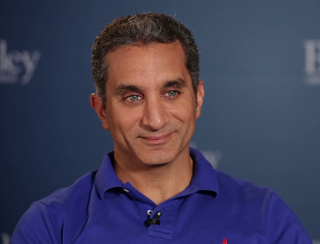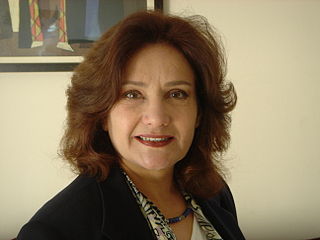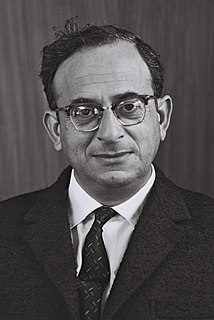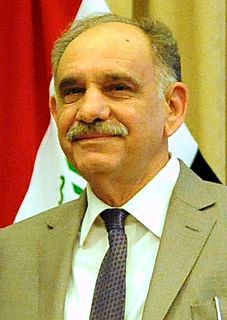A Quote by Noam Chomsky
Even in the 1950s, President Eisenhower was concerned about what he called a campaign of hatred of the U.S. in the Arab world, because of the perception on the Arab street that it supported harsh and oppressive regimes to take their oil.
Related Quotes
Mubarak would meet with me when I was at Central Command. He would lean and put his hand on my knee, as if a father figure, and say, 'General, don't ever forget the Arab Street. Listen to the Arab Street.' I'd like to go to him now and say, 'Mr. President, what about that Arab Street, what's that all about?'
In many parts of the world, including the Arab world, the Latin American world, and even parts of the Western world, there is a tradition of writers being quite engaged. Particularly in the Arab world you have had very, very strong traditions of literature and poetry and most of the writers have been deeply committed to the cause of the Arab nation.
Recall that the United Nations commissioned Arab scholars and analysts to publish the Arab Human Development Report. What causes the backwardness, the scholars wondered, of 22 Arab states, covering nearly 300 million people? Their conclusion? Of all world regions, the Arab countries scored the lowest in freedom, media independence, civil liberties, political process and political rights.
Jewish villages were built in the place of Arab villages. You do not even know the names of these Arab villages, and I do not blame you, because these geography books no longer exist; not only do the books not exist, the Arab villages are not there either. Nahalal arose in the place of Mahalul, Gevat - in the place of Jibta, Sarid - in the place of Haneifs and Kefar Yehoshua - in the place of Tell Shaman. There is no one place built in this country that did not have a former Arab population.
I am familiar with what goes on in the Arab countries, and I'm sad to say that most of us want to annihilate Israel. We want to kill all the Israelis... Do you know what they used to say in the mosques in Egypt? "We want to go to the White House and turn it into the Islamic House..." We call upon the Arab countries to stop teaching hatred to the Arab children.
By accident of geography, the world's major oil resources are in Shi'ite-dominated areas. Iran's oil is concentrated right near the gulf, which happens to be an Arab area, not Persian. Khuzestan is Arab, has been loyal to Iran, fought with Iran not Iraq during the Iran-Iraq war. This is a potential source of dissension. I would be amazed if there isn't an attempt going on to stir up secessionist elements in Khuzestan.





































